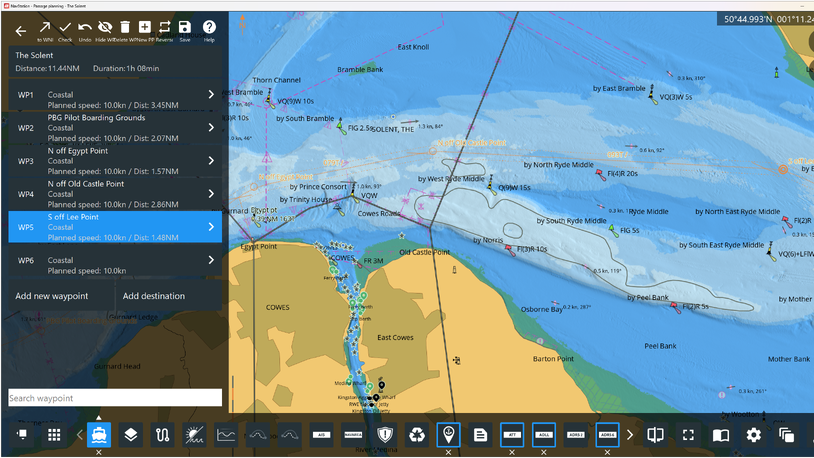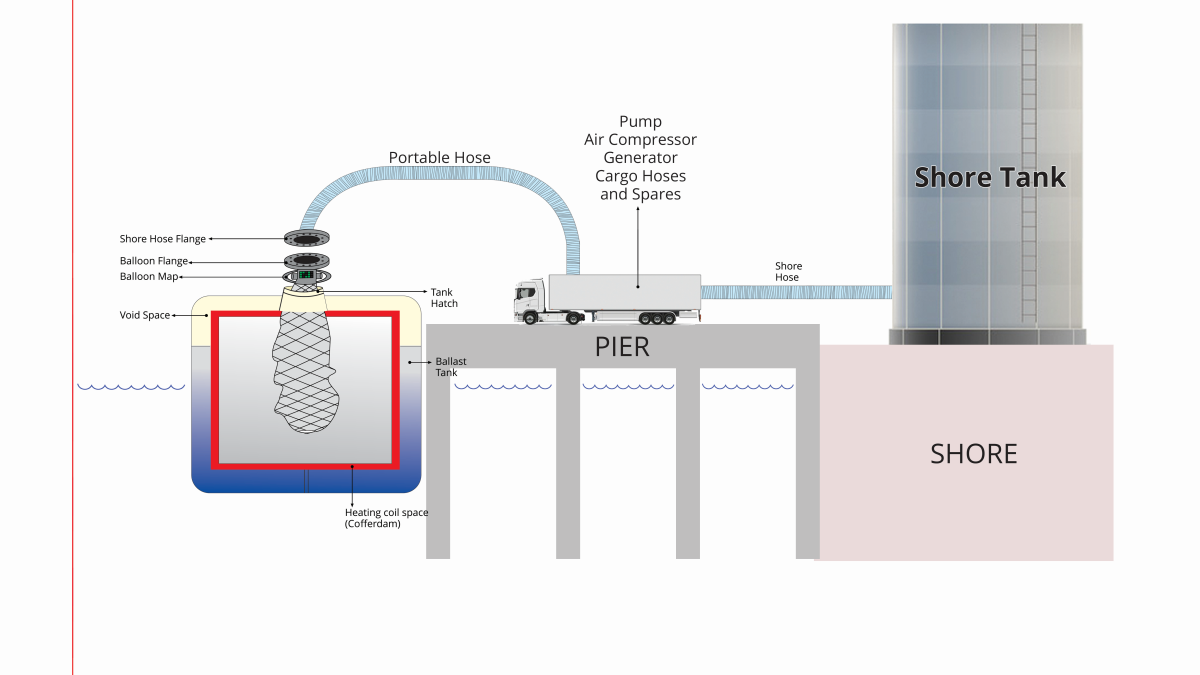Business Sectors
Events
Contents
Exceptions to laytime; exactly what can be deducted?
Some common exceptions and interruptions to laytime, in addition to the application of similar principles that can apply to demurrage, are discussed by Keith Hutchison and Irvine Marr*
Although the major forms of tanker charter in common use contain broadly similar provisions in respect of laytime and/or demurrage, there are some differences that merit consideration. In any given case it is imperative to read the specific charterparty carefully to determine what time can be properly deducted from calculations.
Once commenced, laytime will normally run continuously until either cargo operations are completed or it expires. Exceptions operate to exclude periods that are otherwise within the definition of laytime but are nevertheless excluded by an exceptions clause. Some typical examples are as follow:
. notice periods, usually six hours after tender of NOR at each port
. awaiting tide/daylight
. shifting into first berth (all fast, gangway down)
. deballasting and discharging slops (where unrelated to cargo operations)
. bad weather
. excess pumping at the discharge port(s)
. delay which is the fault of the owner, his servants or agents
. strikes, especially of the owner's servants or agents
. holidays.
Asbatankvoy is the most widely used tanker voyage charterparty form. Clause 7 deals with laytime, but not demurrage. Delay due to a ship's condition or breakdown or inability of its 'facilities' to load or discharge cargo does not count as used laytime. Further, where regulations of the owner or port authorities prohibit loading or discharging at night, any time so lost does not count against laytime. Time used shifting from anchorage to berth also does not count.
An alternative is Shellvoy 5. As a berth charterparty, for laytime to run it is necessary for the berth to be accessible (clause 13). Clause 14 sets outs exceptions to laytime similar to those in Asbatankvoy. In addition, time lost handling ballast does not count as used laytime, except where this does not affect cargo operations.
Periods of adverse weather are often excluded from laytime in dry cargo charterparties. However, weather does not affect tankers in the same way as dry cargo vessels. The main types of weather likely to hinder a tanker are winds, storms, heavy swell and electrical storm. In most tanker charters bad weather is at half laytime (and usually half demurrage).
Clause 7 of Asbatankvoy states that any delay caused by failure of a ship’s ‘facilities’ or its condition shall not count as used laytime. Clause 14 of Shellvoy 5 includes a similar provision, in addition to excluding time lost as a result of ‘any cause attributable to the vessel.’
Clause 8 of Asbatankvoy provides for half demurrage payable in certain circumstances, including for the breakdown of equipment or machinery. The latter need not be that of the vessel itself but can include that which is required to work cargo operations. The half demurrage exception would not, however, apply where the breakdown was the fault of the charterer.
Strikes are also a common exception to laytime and often also to demurrage.
Shellvoy 5 provides that time lost as a result of strike of the master and/or crew of the vessel, tugboats or pilots shall not count as used laytime; there is no equivalent exception to demurrage.
Notably, Asbatankvoy makes no provision for strike as an exception to laytime but it provides in clause 8 for half demurrage in the case of strike unless the delay is by strike of the master and/or crew of the vessel, tugboats or pilots.
The mere fact that an owner’s act prevents the continuous loading or discharging of cargo is not enough to interrupt laytime; it is necessary for the charterer to show that there was some fault on the part of the owner.
The courts have held that it would be wrong for owners to be able to claim that laytime ran and/or demurrage accrued during periods when they were employing the vessel for their own purposes.
In tanker charterparties it is usual to exclude deballasting (and sometimes ballasting) time from laytime where time is lost as a result. Exxonvoy 90 excludes time for ballasting and deballasting, mooring, cleaning of tanks, lines and pumps, also bunkering.
Asbatankvoy (clause 7) applies to deballasting only. Shellvoy 5 provides that time shall not count as used laytime when spent handling ballast, except to the extent that cargo operations are carried on concurrently and are not delayed as a result.
Determination of whether congestion stops the laytime clock involves consideration of the position where a berth or other place of loading cannot be reached on arrival as a result of congestion. This is perhaps the most common cause of delay to the conduct of cargo operations. Congestion is not usually expressly mentioned as an exception to laytime. Much may also depend on whether a port or berth charter is being considered.
Exceptions to laytime do not generally interrupt demurrage. The phrase ‘once on demurrage, always on demurrage’ is a neat synopsis of the general position, although it is not an absolute. OSJ
*Keith Hutchison is a senior associate and Irvine Marr is a partner, both with law firm Clyde & Co
Related to this Story
Events
Maritime Environmental Protection Webinar Week
Cyber & Vessel Security Webinar Week
The illusion of safety: what we're getting wrong about crews, tech, and fatigue
Responsible Ship Recycling Forum 2025
© 2024 Riviera Maritime Media Ltd.













